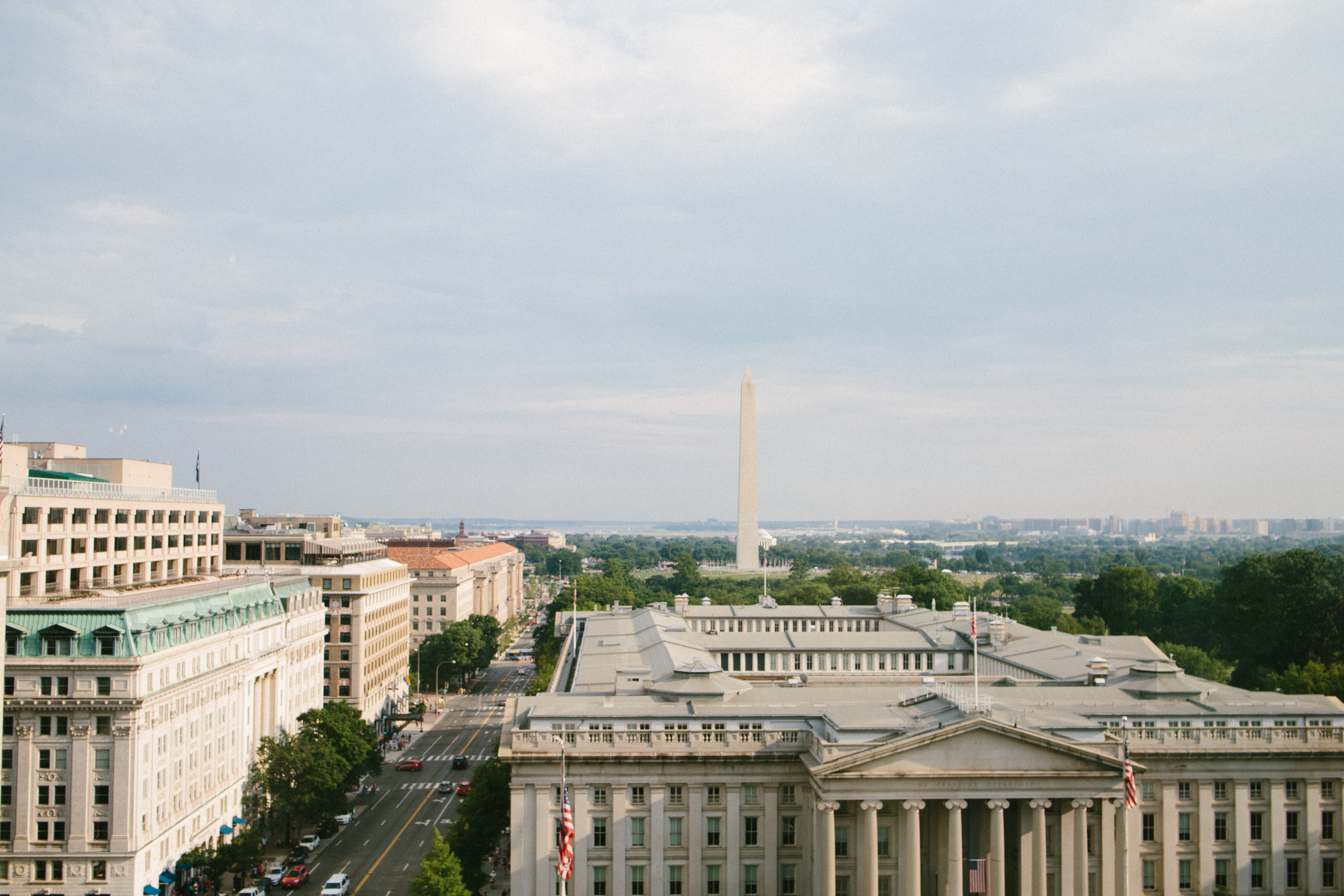
The Equality Act in its current form will severely limit the constitutional freedoms of religious organizations and religious people who hold alternative convictions about marriage and human sexuality. This analysis has been made by many religious organizations, religious leaders, and religious freedom advocates. By no means are all critics of the bill opposed to modifying federal civil rights laws to protect, nation-wide, the rights of LGBTQ people.

The Biden administration announced the establishment of the White House Office of Faith-Based and Neighborhood Partnerships on February 14, 2021. Through Executive Order 14015 (accompanied by this Fact Sheet), President Biden is reestablishing an institution that is supported by a policy consensus hearkening back to the Obama administration and to the Bush administration before that. The only notice taken of the intervening Trump administration’s faith-based initiative is a section of the executive order that, without naming former President Trump, revokes his Executive Order 13831 of May 3, 2018, which established his version of the initiative. Indeed, it is clear from the Biden Executive Order, the Fact Sheet, and the appointment of Melissa Rogers to direct the reestablished White House Office—which she led in President Obama’s second term—that the new administration plans to resume the initiative as it had developed before the Trump years.

What will be the name, and more importantly, the task, vision, and approach of President Biden’s initiative?

The Trump administration has clarified and thus strengthened the religious employer exemption in the regulations governing federal contracting by adding a series of definitions to those regulations. The uncertainty about the religious exemption was caused when the Obama administration banned employment discrimination on the basis of sexual orientation and gender identity by federal contractors.

Just before last November’s election, two insightful Washington influentials published a memo of advice to the next presidential administration on what to do about issues concerning religion in public life, including the faith-based initiative. A Time to Heal, A Time to Build, by Melissa Rogers and E. J. Dionne, is an important and wide-ranging set of recommendations.

On December 17, 2020, the outgoing Trump administration published a consolidated Final Rule amending the equal treatment regulations governing federal funding in the major agencies that support social assistance programs. These include the U.S. Departments of Health and Human Services, Labor, Housing and Urban Development, Justice, Education, Veterans Affairs, Homeland Security, and the Agency for International Development.

The coronavirus pandemic has been especially challenging for child care providers. Child care providers faced lower enrollment with many families out of work or working from home, while at the same time navigating how to keep facilities sanitized while following public health guidance. Expanded child care hours were needed by some essential workers, and governments wanted to be sure that enough daycare programs remained open even if the child counts were low. Congress responded by authorizing, in the CARES Act, $3.5 billion in additional funding for the Child Care and Development Block Grant Program, the federal-state program that funds childcare for low-income families. Unfortunately, in providing that needed extra funding, Congress chose a funding method—grants—that can exclude faith-based child care providers from equitable participation. Such exclusion is especially troubling during the ongoing pandemic, as the goal of the funding is to help child care centers remain open to serve the needs of workers and families. As discussed in this article, grant funding comes with religious freedom restrictions that prevent many faith-based providers from participating. During this unprecedented time, an all-hands-on-deck approach is needed to prevent the creation or worsening of child care deserts in places where such providers are most needed.

On Thursday, July 23, Stanley Carlson-Thies, founder and senior director of the Institutional Religious Freedom Alliance, and Chelsea Langston Bombino, director of Sacred Sector, both initiatives of the Center for Public Justice, facilitated a webinar for the Wesleyan Church regarding how recent Supreme Court decisions impact these congregations in terms of their understanding of the legal and public policy implications, their own organizational practices, and their public witness. This webinar covered two major Supreme Court cases this term: Bostock v. Clayton County and Our Lady of Guadalupe School, which both had implications for how faith-based organizations engage in religious staffing. This webinar discussed best practices for engaging in mission-based human resources, as well as for how faith-based employers can advance civic pluralism.

In an article originally published on the FedSoc Blog, Richard W. Garnett posits that the Supreme Court decision in Espinoza v. Montana Dept. of Revenue is an important case in religious freedom jurisprudence because the Supreme Court affirmed that governments cannot discriminate against religious institutions and religious practice. Garnett describes how a longstanding misapplication of the principle of separation of church and state has led to both judicial and legislative bodies disadvantaging religious educational institutions. Garnatt notes: “The Espinoza decision should help to remove a longstanding barrier in many states to educational reform and to choice-based programs that enhance educational opportunities, especially for low-income families.”

The church parking tax imposed on religious and secular nonprofits as part of the 2017 tax reform law was repealed in December 2019. The repeal is not only important for relieving a financial and administrative burden on these community-serving organizations, but even more so for restoring the historic and constitutional independence of primary religious institutions from governmental pressures.
